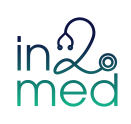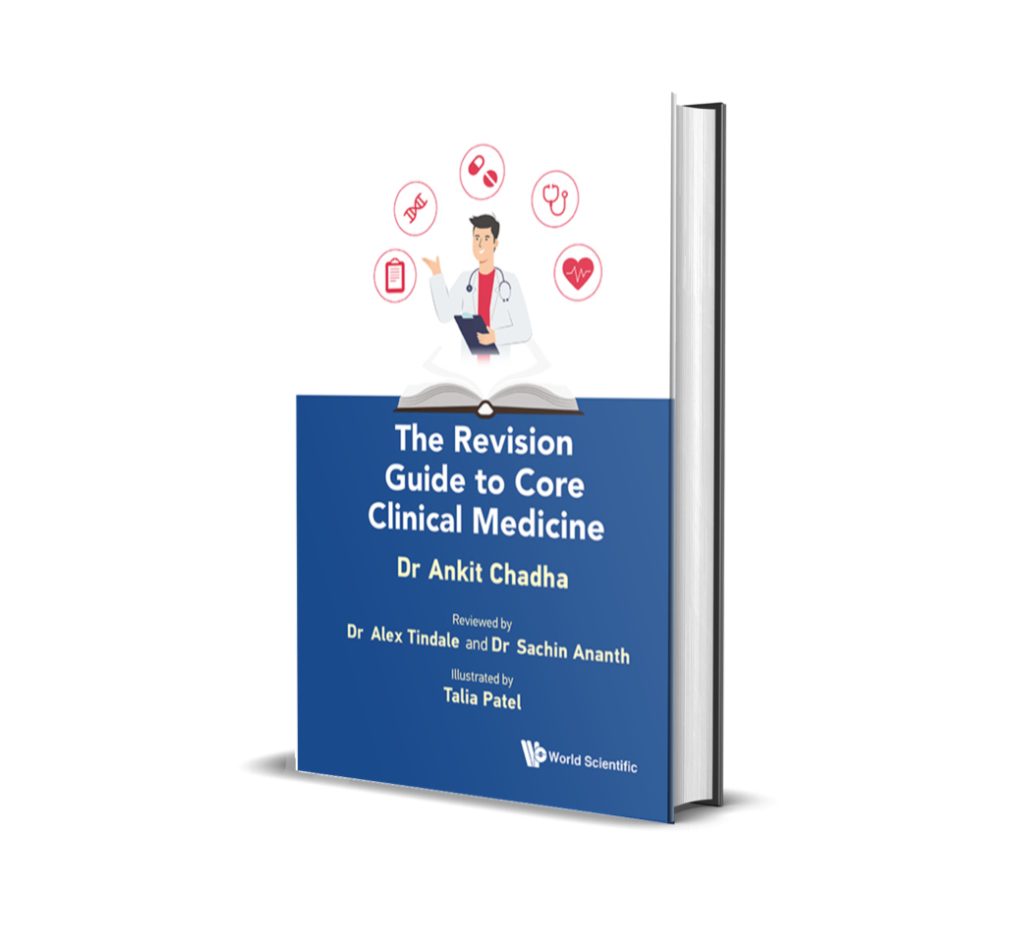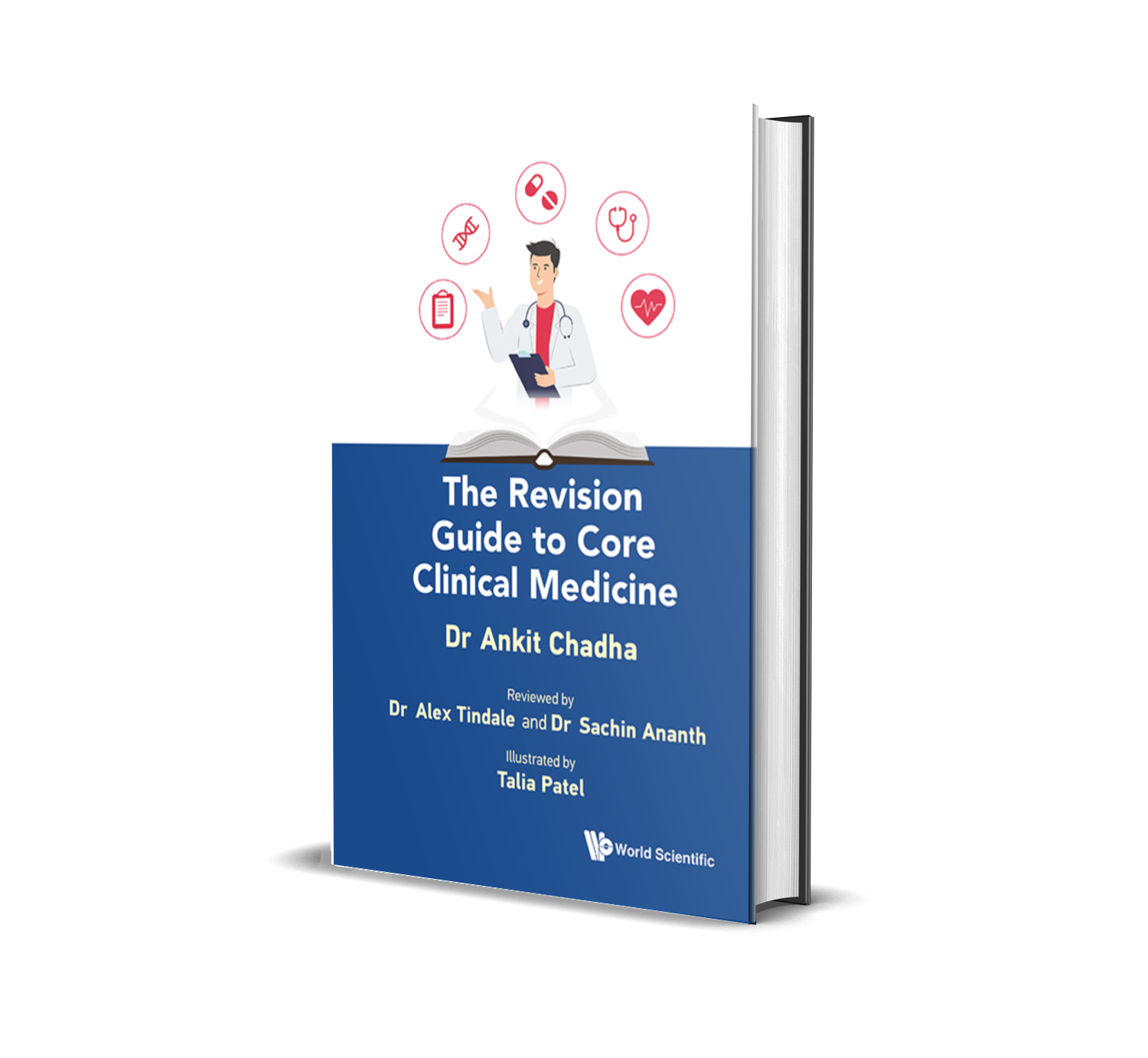Back to: Obstetrics
Antenatal Timetable
When a woman suspects that she is pregnant, there are a number of following tests and appointments.
– Clinical signs of that suggest pregnancy are amenorrhoea, nausea/vomiting, breast enlargement and increased urinary frequency and fatigue.
– For uncomplicated pregnancies, NICE recommend women with first pregnancy have 10 antenatal visits.
– For subsequent pregnancies, they only need 7 antenatal visits and do not need to be seen by a consultant.
Usual route of pregnancy
i) Positive pregnancy test at home:
Women suspecting pregnancy take a urine dipstick pregnancy test
ii) GP:
If positive, women book an appointment with their GP and fill in required paperwork.
iii) Booking:
This is the first major milestone which occurs at 8-12 weeks:
Booking Appointment - What is entails
Clinical Appointment:
– Women are given information on antenatal lifestyle advice
– Also assess mother’s medical history for potential risk factors and complications
– Take baseline BP, urine dipstick and BMI check
Booking tests:
– Test FBC, blood group, rhesus status, RBC antibodies and haemoglobinopathies
– Test for infections – HIV, Hepatitis B, syphilis and rubella
– Urine culture to detect bacteriuria
Booking ultrasound scan:
– Done at 10-13(+6) weeks. Used to confirm gestational age and give delivery date
– Also used to exclude multiple pregnancies
– Can also look for neural tube defects and chromosomal anomalies (Down syndrome)
iv) 16 weeks:
– Assess BP and urine dip, inform of the screening results and screen for anaemia
– Here you also give the Pertussis (whooping cough) vaccine (anytime from 16-32 weeks)
v) Anomaly Scan:
– This is taken at 18-20(+6) weeks
– Here ultrasound is used to look for the heart, spine (spina bifida) and brain (anencephaly)
– The midwife also looks for the location of the placenta to diagnose potential placenta accreta/previa
vi) 28 weeks:
– Assess BP, urine dip and measure symphysis-fundal height (SFH)
– Screen for anaemia and red cell alloantibodies (iron given if Hb<10.5g/dl)
– First dose of anti-D for rhesus negative women
vii) 34 weeks:
– Assess BP, urine dip and measure symphysis-fundal height (SFH)
– Second dose of anti-D for rhesus negative women
viii) 36 weeks:
– Assess BP, urine dip and measure symphysis-fundal height (SFH)
– Ask whether baby is still moving and check presentation for breach position
– Give information on breastfeeding, vitamin K and “baby blues”
iv) 37 weeks:
– Baby is at term and ready to be delivered
Screening
During the pregnancy, there are some important conditions that the baby and mother must be screened for:
Fetus:
Down’s Syndrome, Neural Tube defects and foetal anomalies
Mother:
– Blood (FBC, blood group, rhesus state + haemoglobinopathies)
– Infections –> HIV, Hepatitis B, syphilis, Rubella
– Asymptomatic bacteria in urine
– Pregnancy associated conditions – Pre-eclampsia + placenta praevia
– Psychiatric disease
– Tay-Sachs Disease
– Those with risk factors or previous disease (e.g. diabetes) will have additional tests for these conditions



